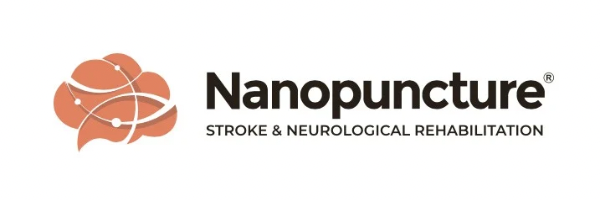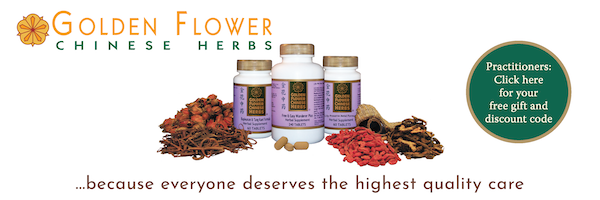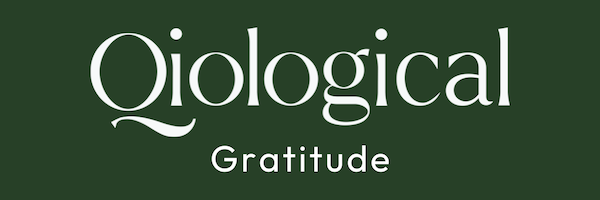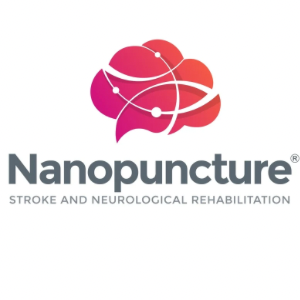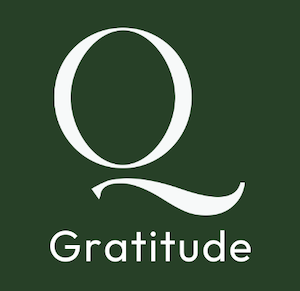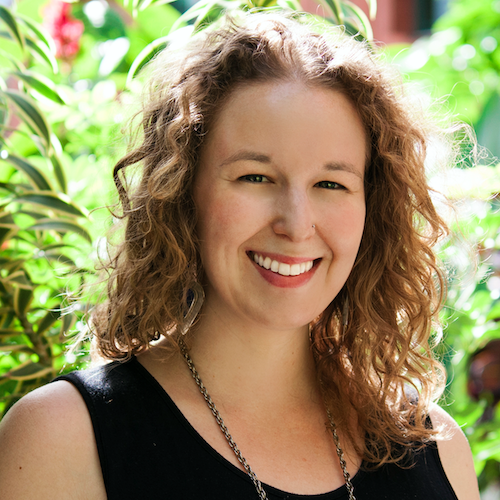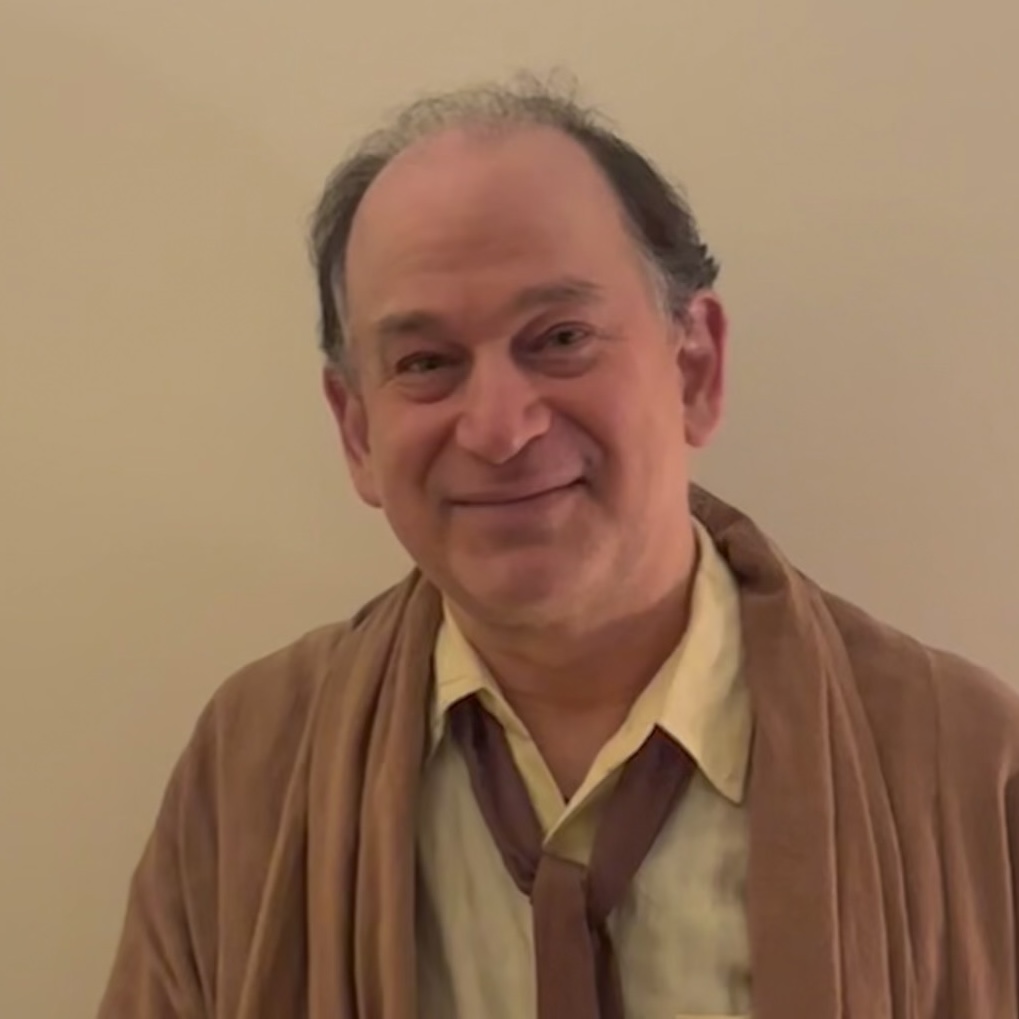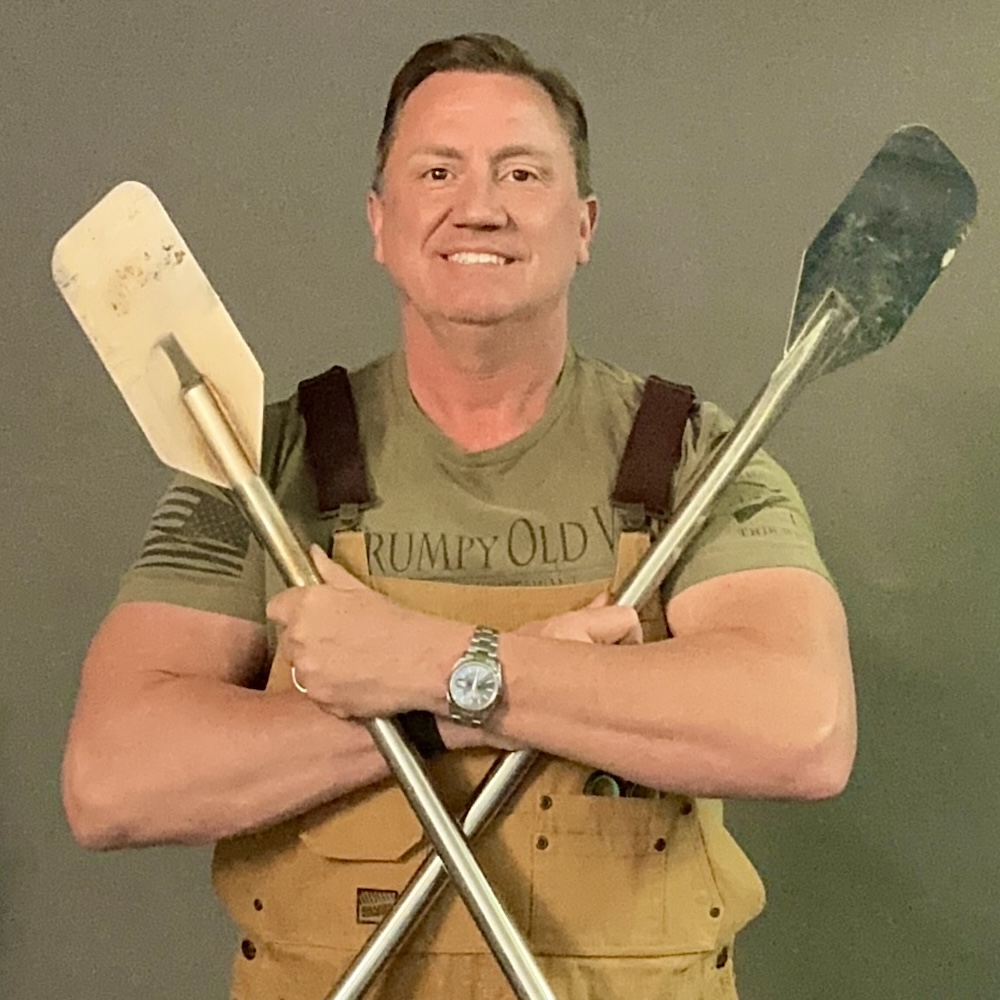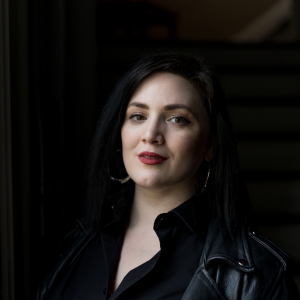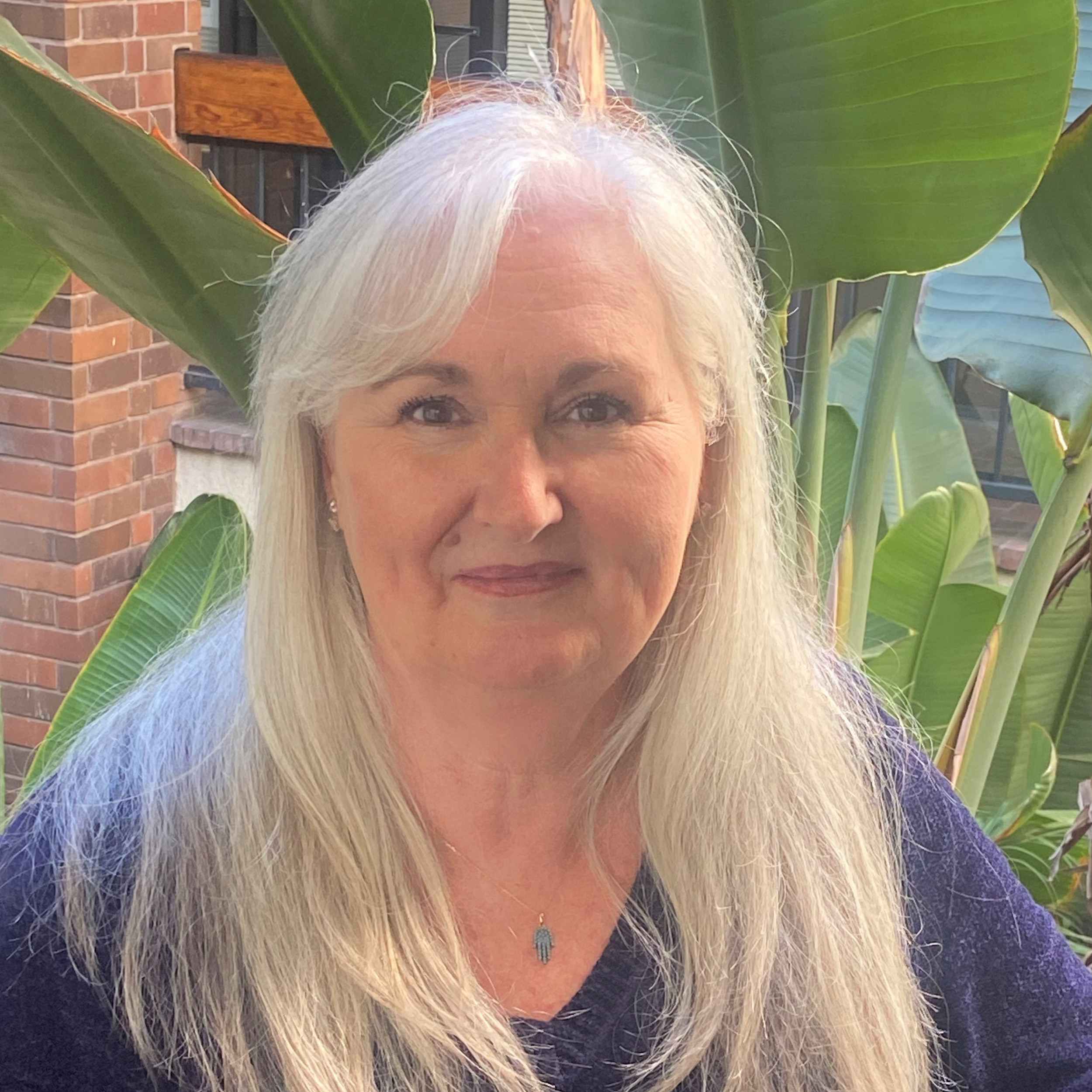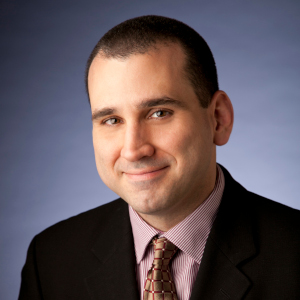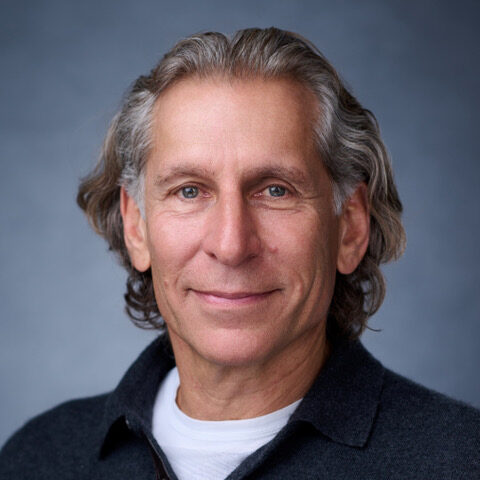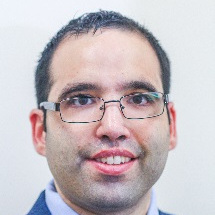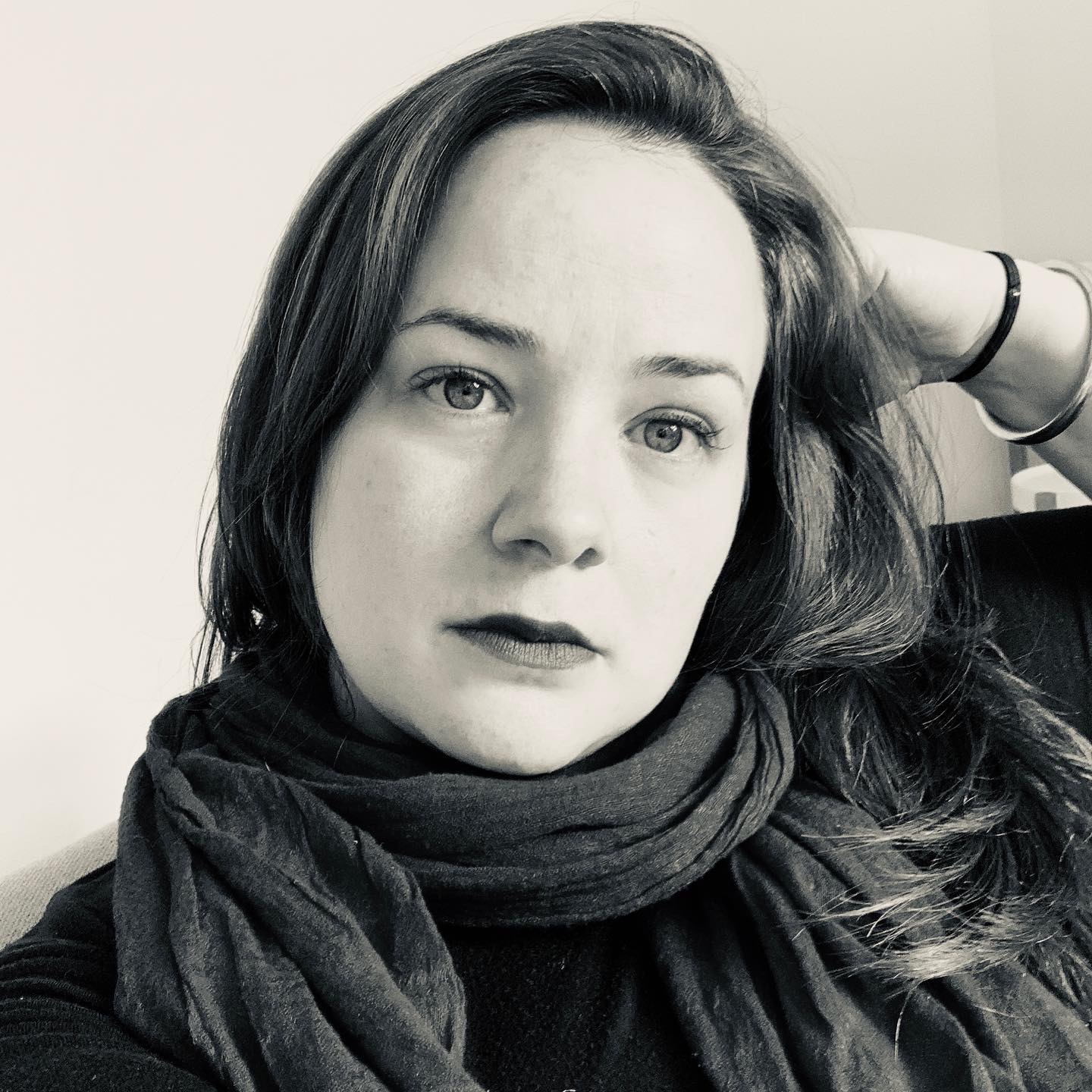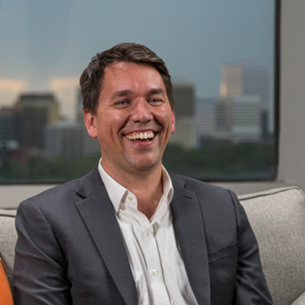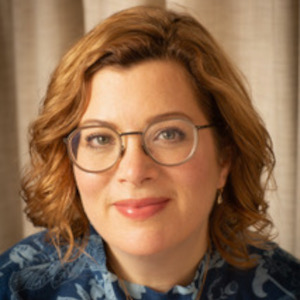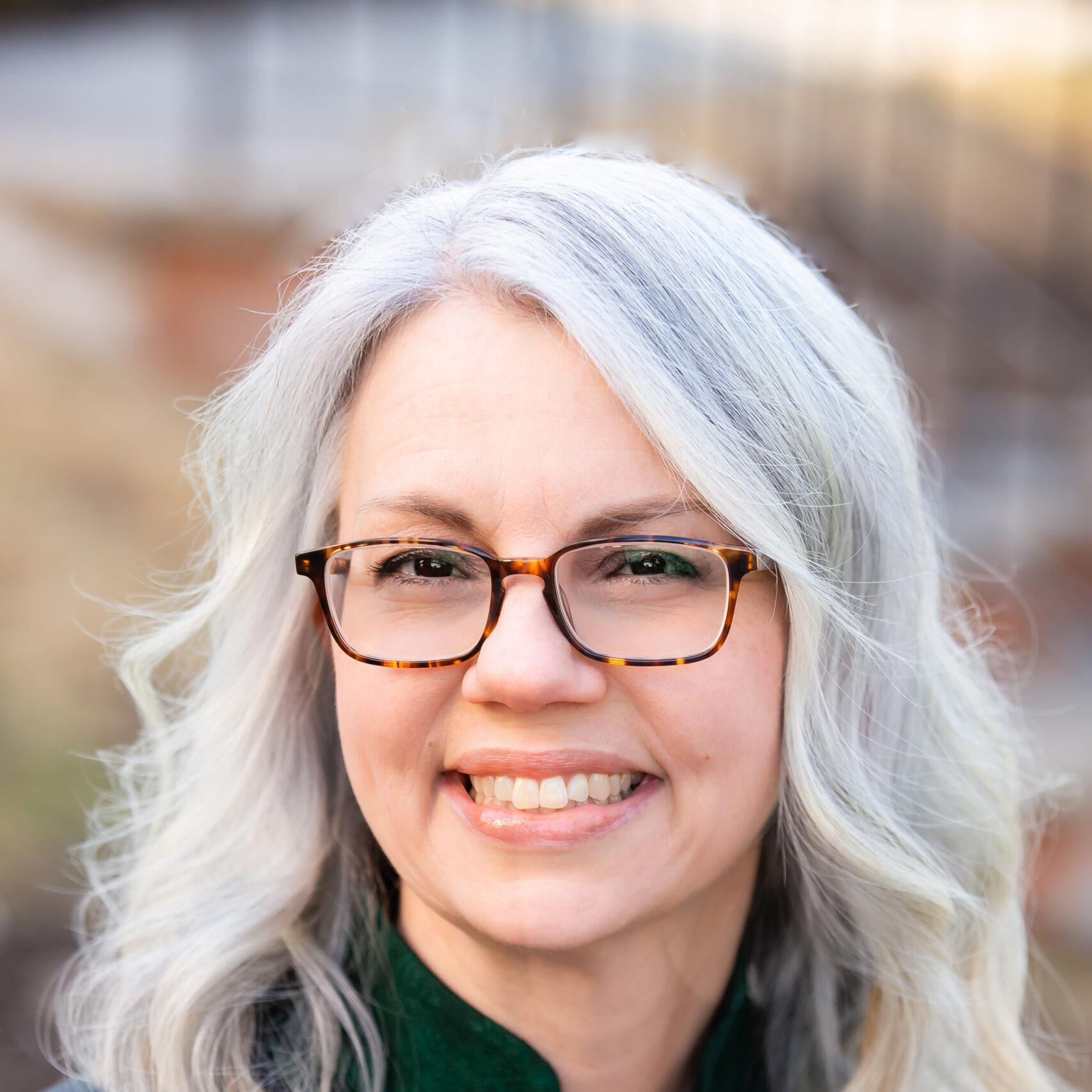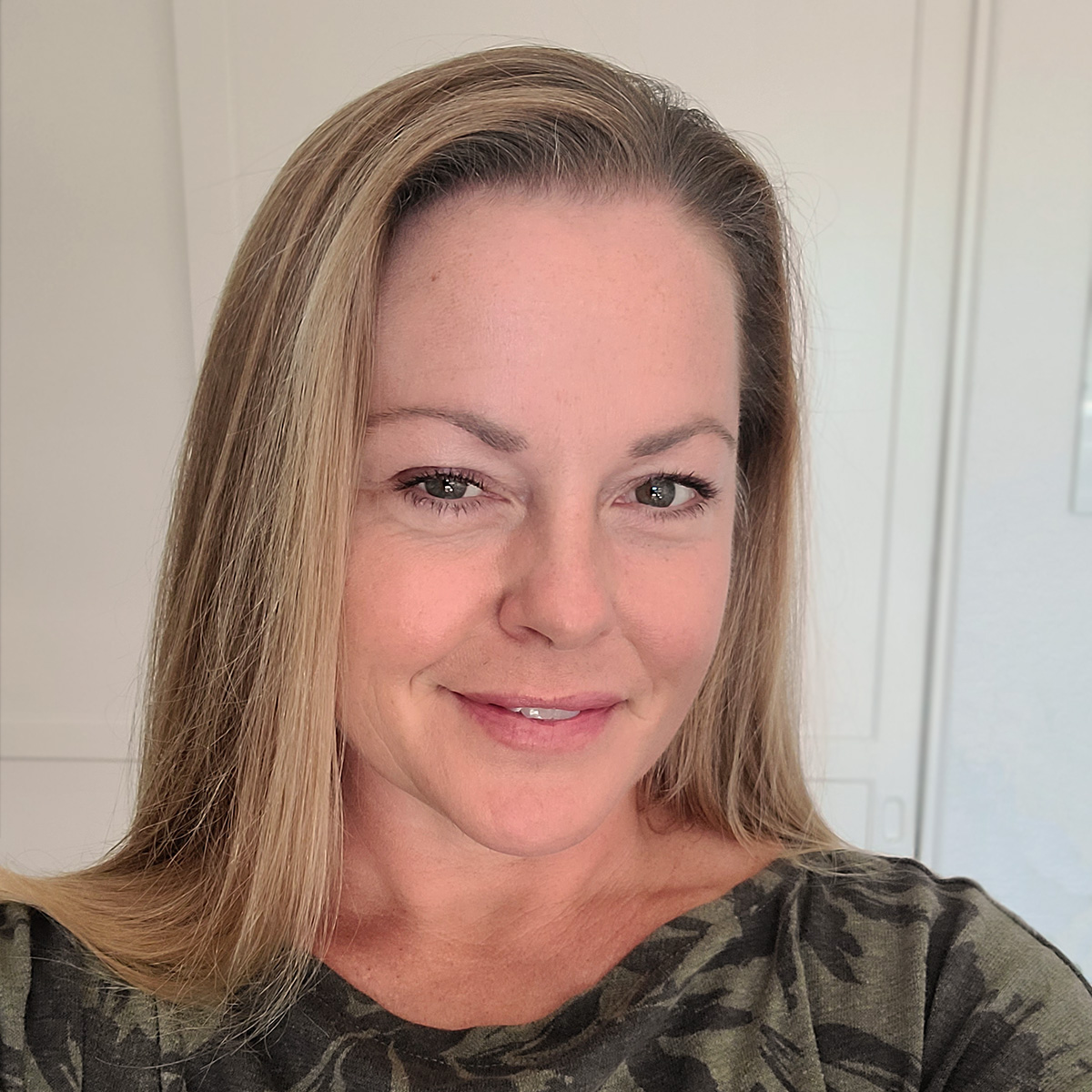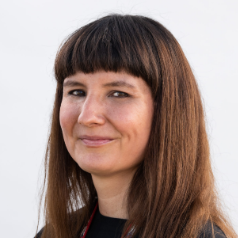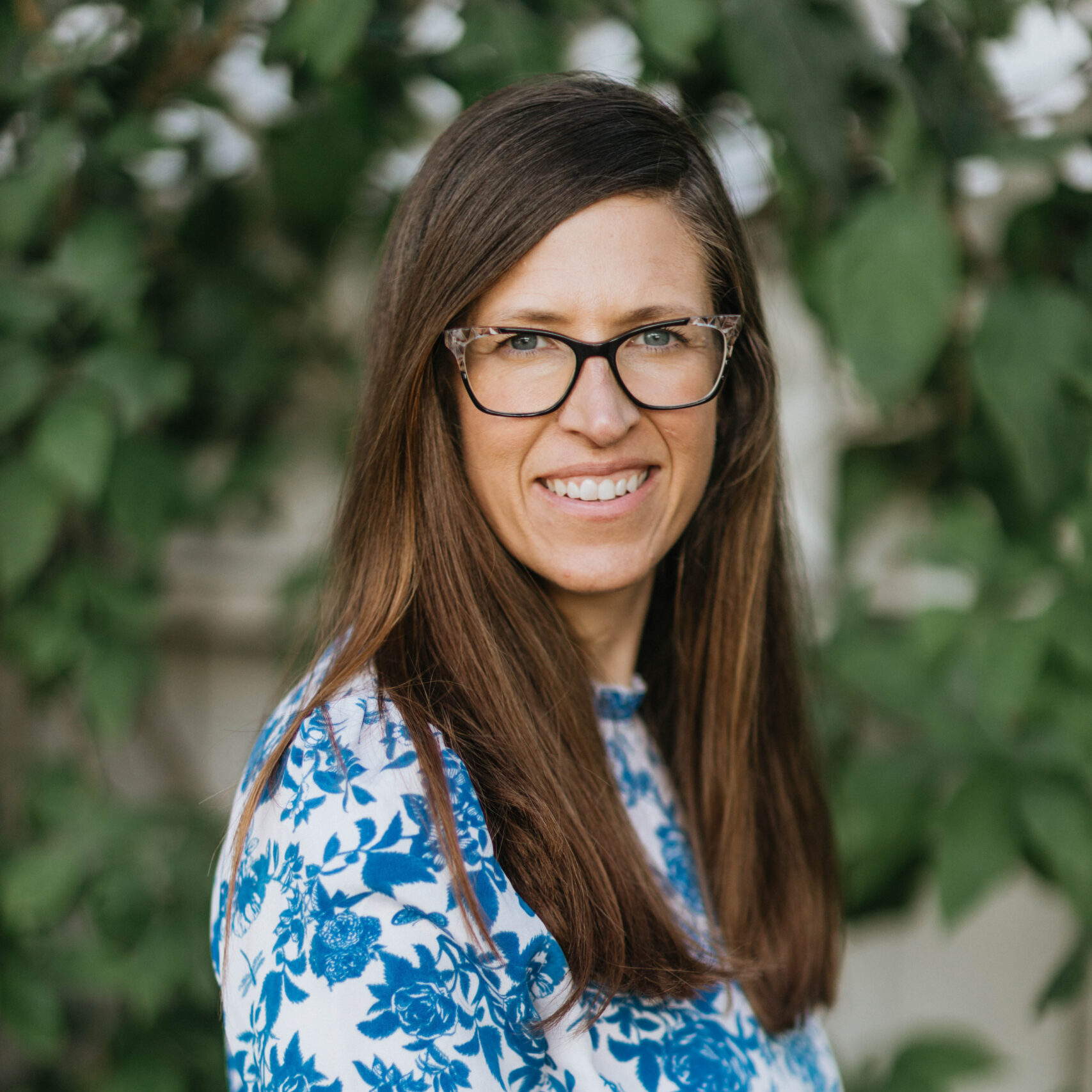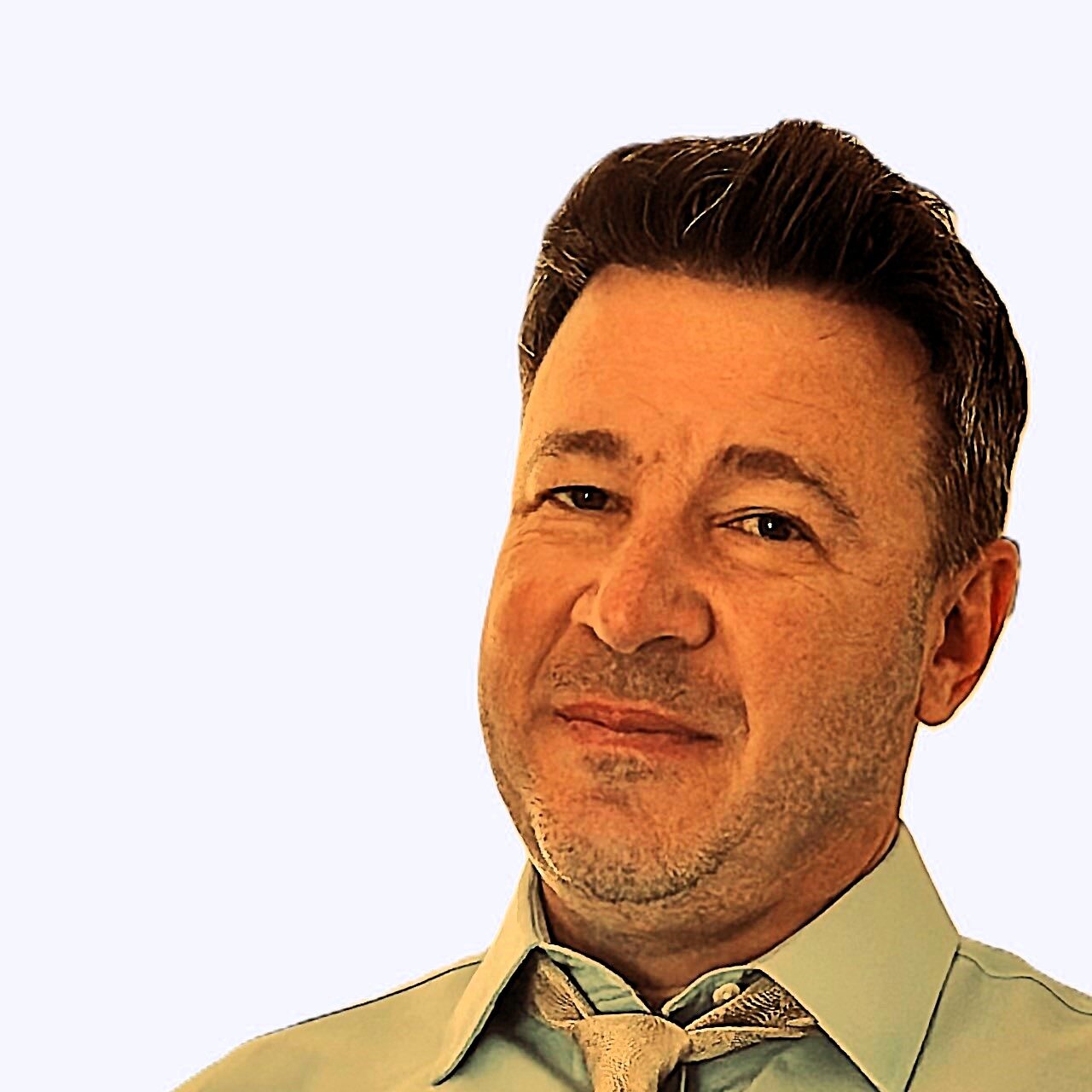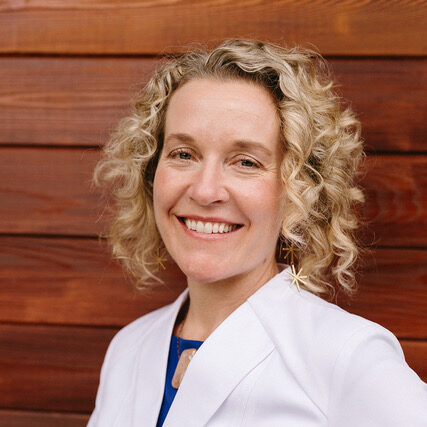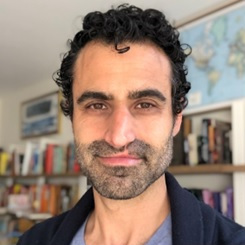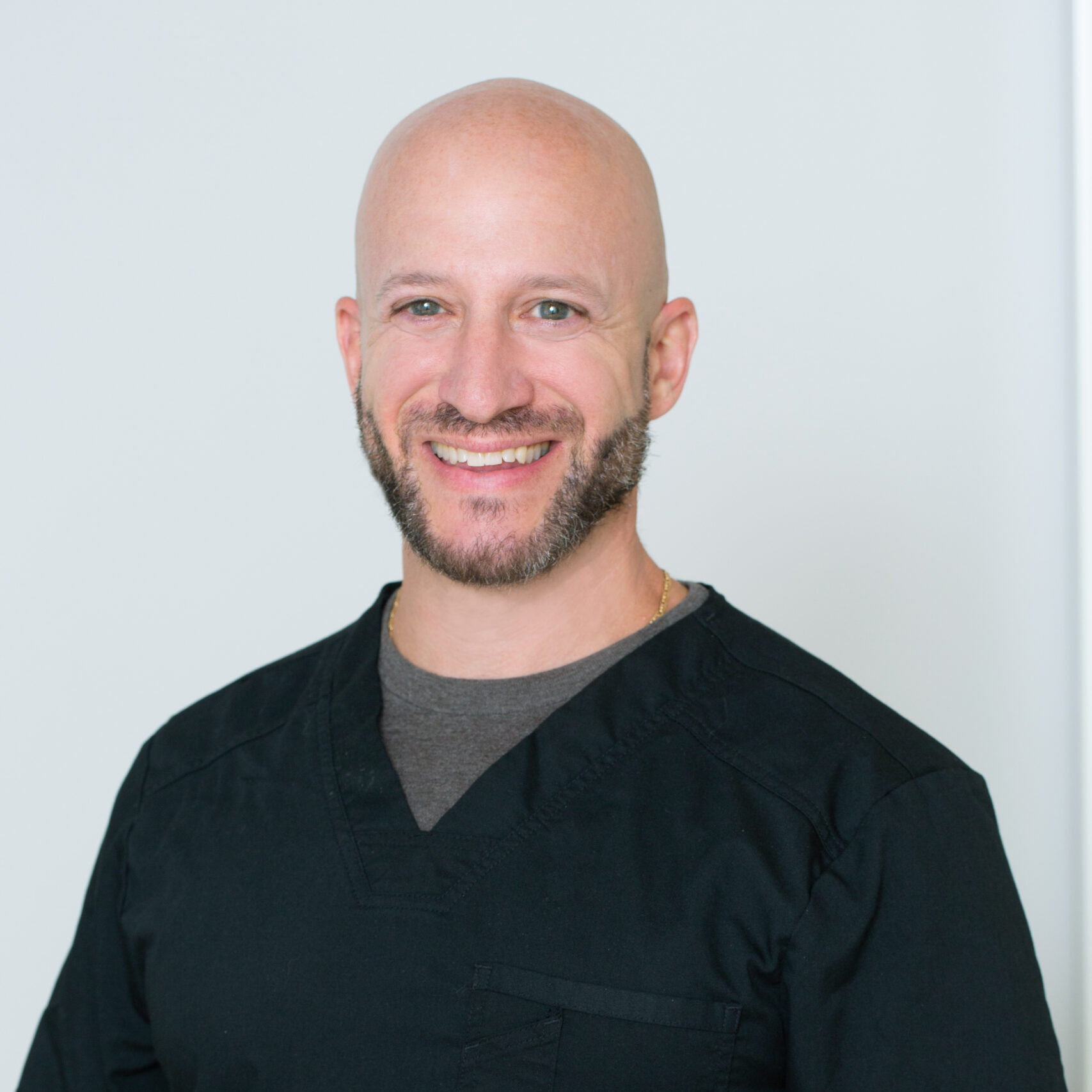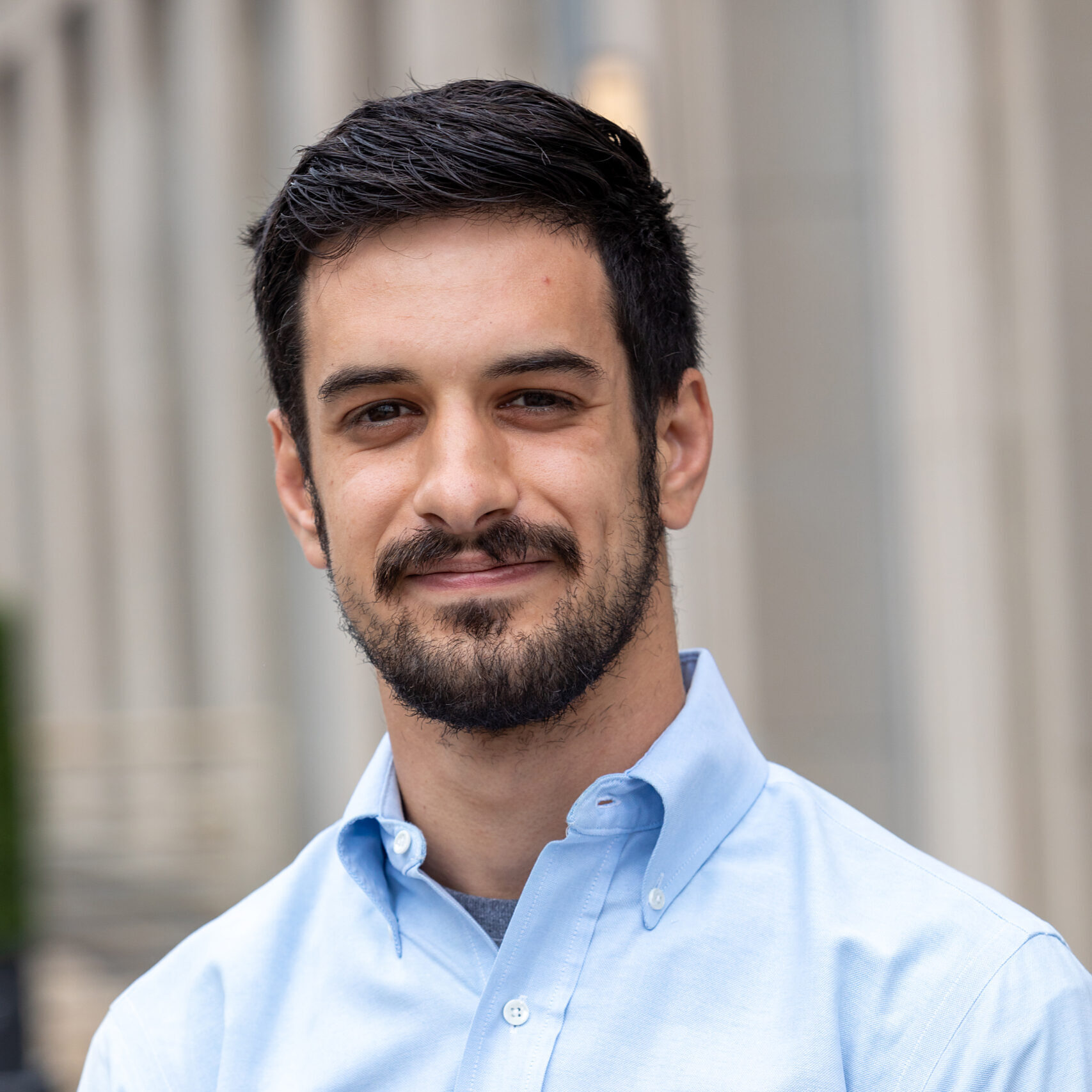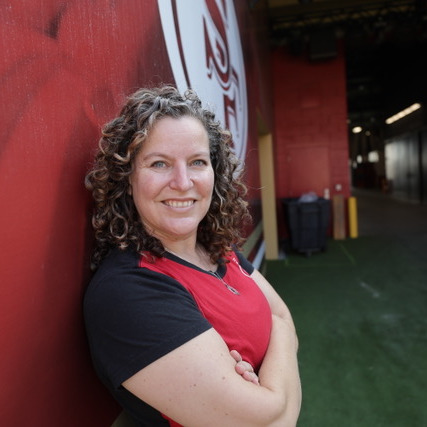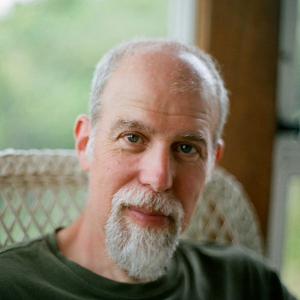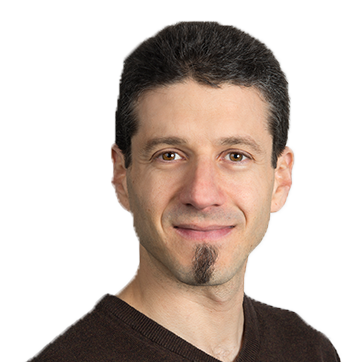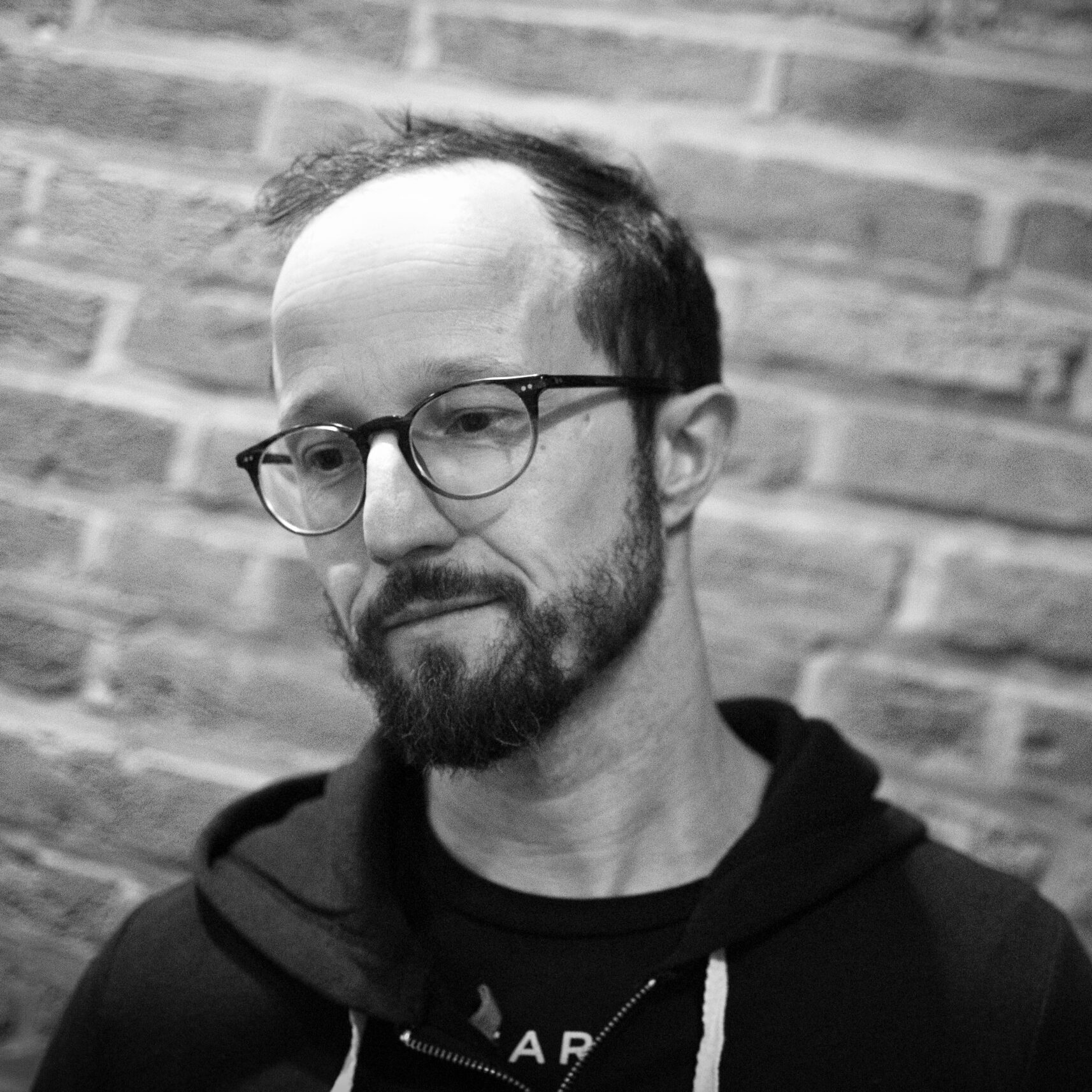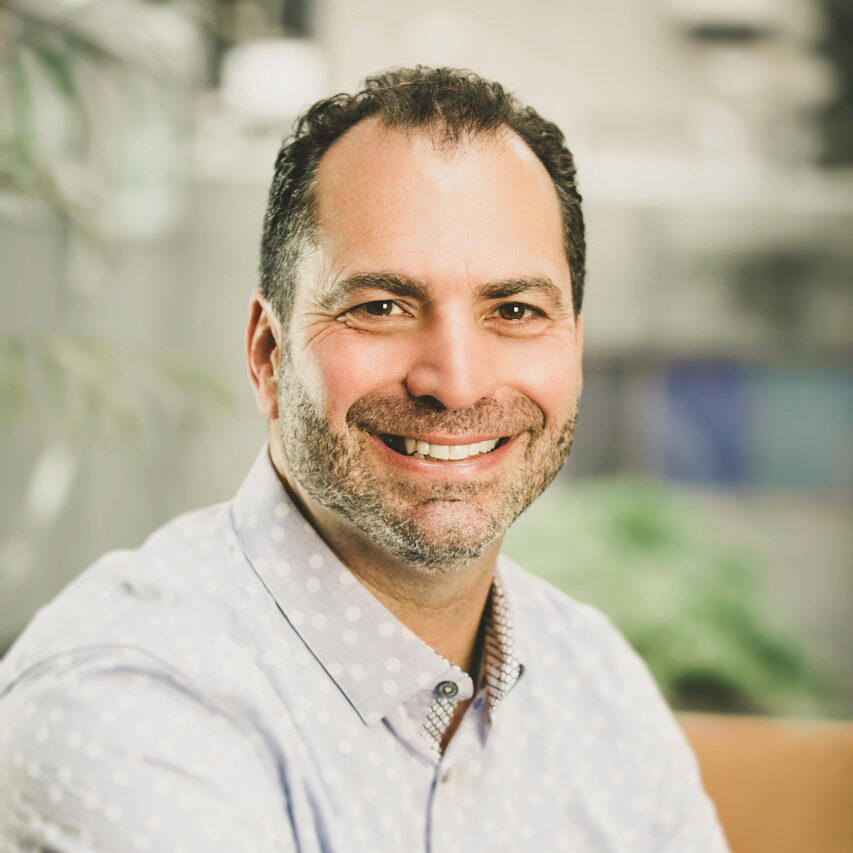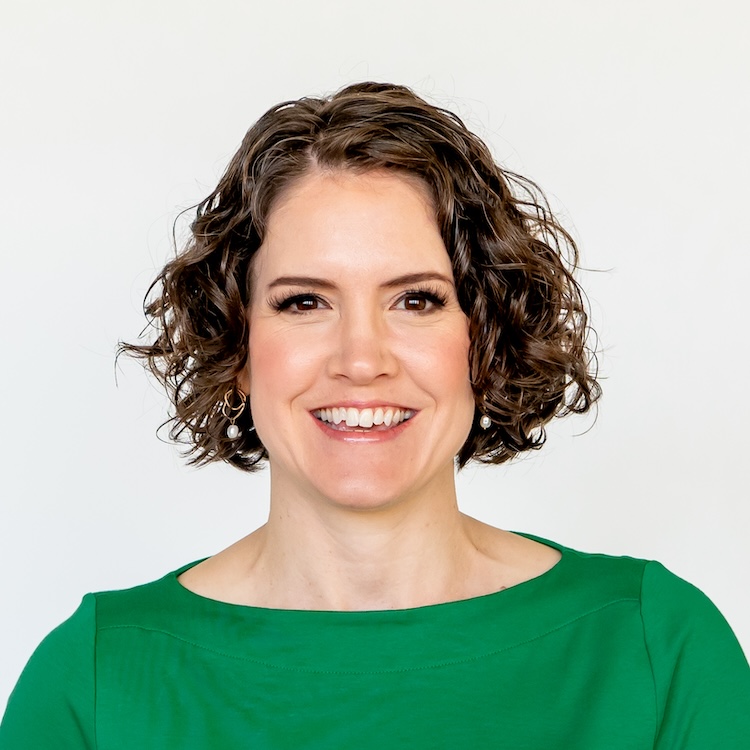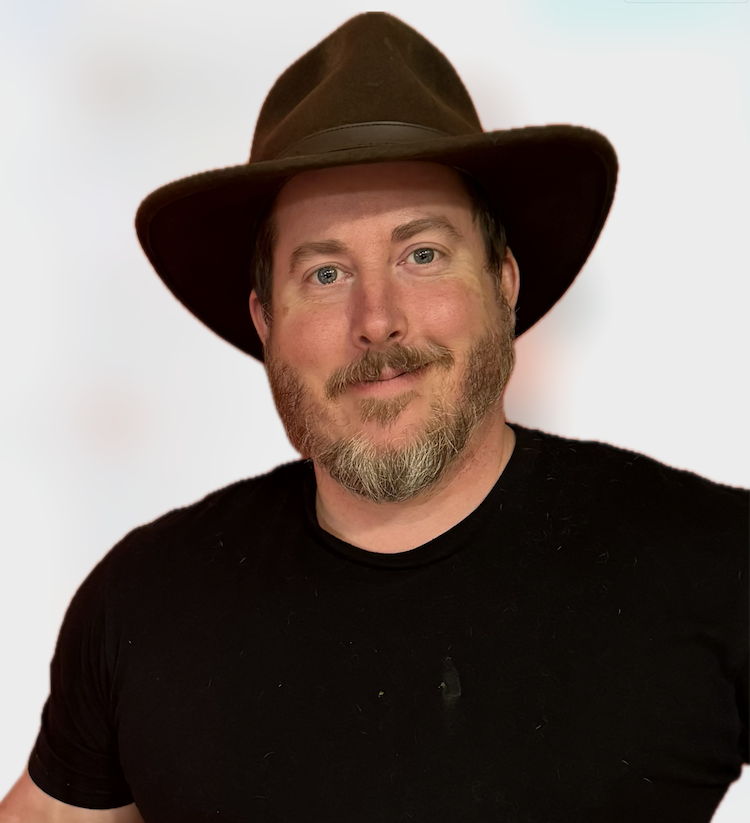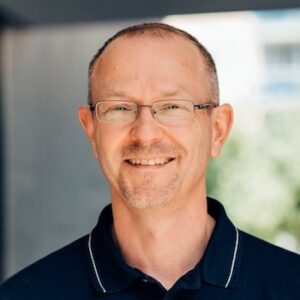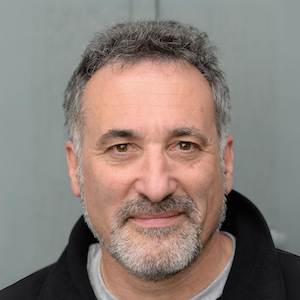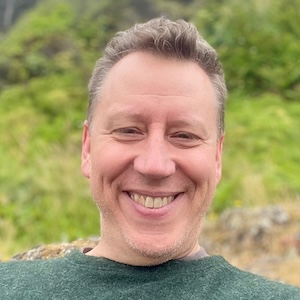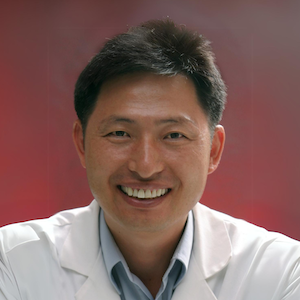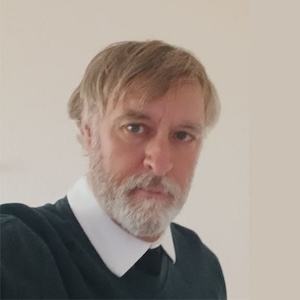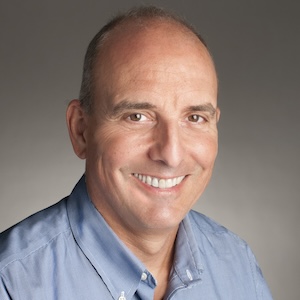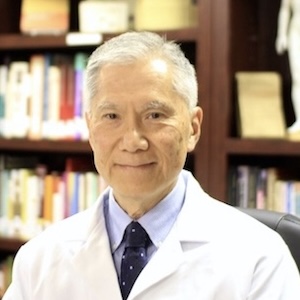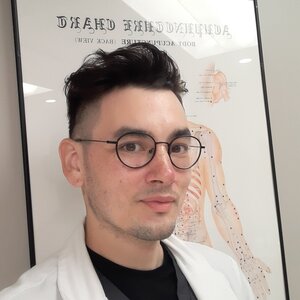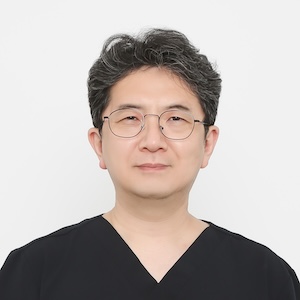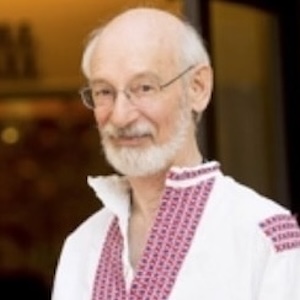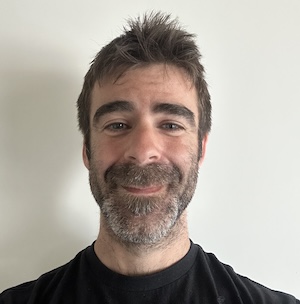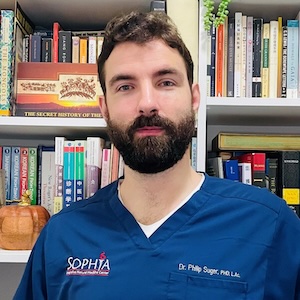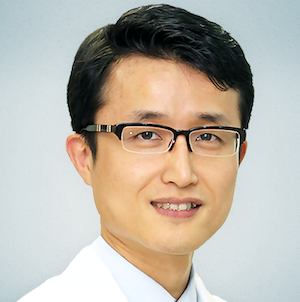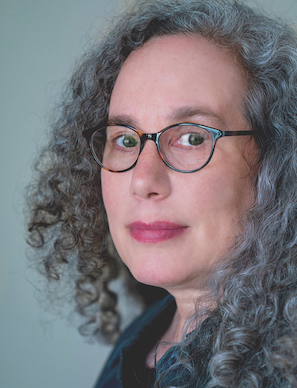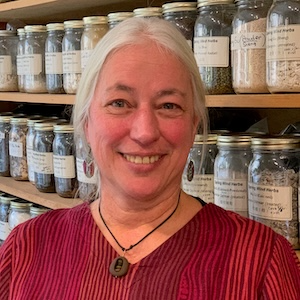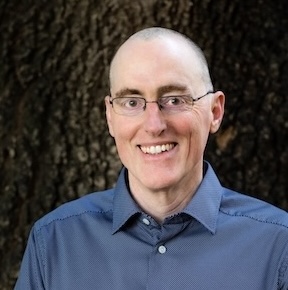Childhood is a surprising, messy, and unpredictable unfolding that follows an orderly pattern of stages through reliable spirals of development.
In this conversation with Moshe Heller, we explore the complexities of childhood development through the lens of Chinese medicine. Moshe shares his insights from years of working with children, drawing connections between physiological, emotional, and social growth, and how these elements shape both health and resilience.
Listen into this discussion as we explore the concept of the developmental spiral, how early experiences shape lifelong health, the interplay between stimulation and emotional regulation, and why creating space for boredom might just be a powerful tool for healing.
In This Conversation We Discuss:
- The developmental spiral and its role in healing
- How fine motor skills influence emotional and cognitive development
- The importance of allowing children to experience illness as part of growth
- Balancing structure and freedom in childhood environments
- How overstimulation affects the nervous and immune systems
- The impact of screen time on sensory and emotional regulation
- The role of boredom in fostering creativity and resilience
- The triad of neuro, gastro, and immune health in children
- How delayed gratification influences lifelong success
- The influence of early childhood experiences on adult health
- Strategies for parents to support healthy development
- How Chinese medicine views childhood fevers and “steaming” phases
- The relationship between social interactions and immune health
- How modern education systems impact childhood development
- Using Chinese medicine principles to address ADHD and anxiety in children
There is an old saying that the superior practitioner makes his diagnosis from the moment the patient walks in the door to when he sits in the chair in front of him, all that follows is confirmations of that diagnosis. This is an important reminder of the importance of observation in the diagnosis process. The second thing this brings up is that treatment is also an important part of the diagnostic process, once we treat we should observe the reactions and changes and reassess our diagnosis.
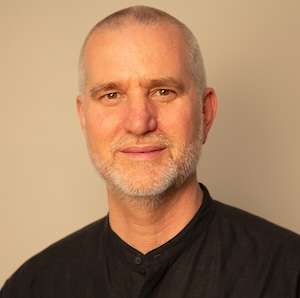 Moshe Heller is a graduate of Pacific College of Oriental Medicine, San Diego and has been practicing and teaching Chinese Medicine for the past 30 years. He completed postgraduate work at the Guan An Men Hospital in Beijing, China where he focused on Internal Medicine and TCM Gynecology, he has taken various postgraduate courses including Pediatrics and Japanese acupuncture and participated in a research study on the use of acupuncture during labor.
Moshe Heller is a graduate of Pacific College of Oriental Medicine, San Diego and has been practicing and teaching Chinese Medicine for the past 30 years. He completed postgraduate work at the Guan An Men Hospital in Beijing, China where he focused on Internal Medicine and TCM Gynecology, he has taken various postgraduate courses including Pediatrics and Japanese acupuncture and participated in a research study on the use of acupuncture during labor.
His love for Chinese medical pediatrics started while studying under Alex Tiberi and developed further as he studied with various other teachers like Dr. Julian Scott and Stephen Birch. Over the years, Moshe has collected a unique combination of methods and techniques that have earned him notoriety in the Chinese Medicine community.
Moshe is also committed to teaching and has been a professor in various schools in Israel and the US. In 2016 in collaboration with Dr. Stephen Cowan, Moshe has founded a school for pediatric specialization where they offer a yearlong certification course in Chinese medical pediatrics.
He has also lectured at the Pacific Symposium in San Diego, FSOMA Conference in Florida, TCM Kongress in Germany and ICCM conference in Israel.
Links and Resources
Visit Moshe on his Website or on Instagram.
He also makes fine quality extracts for both children and adults at moshenherbs.com.

